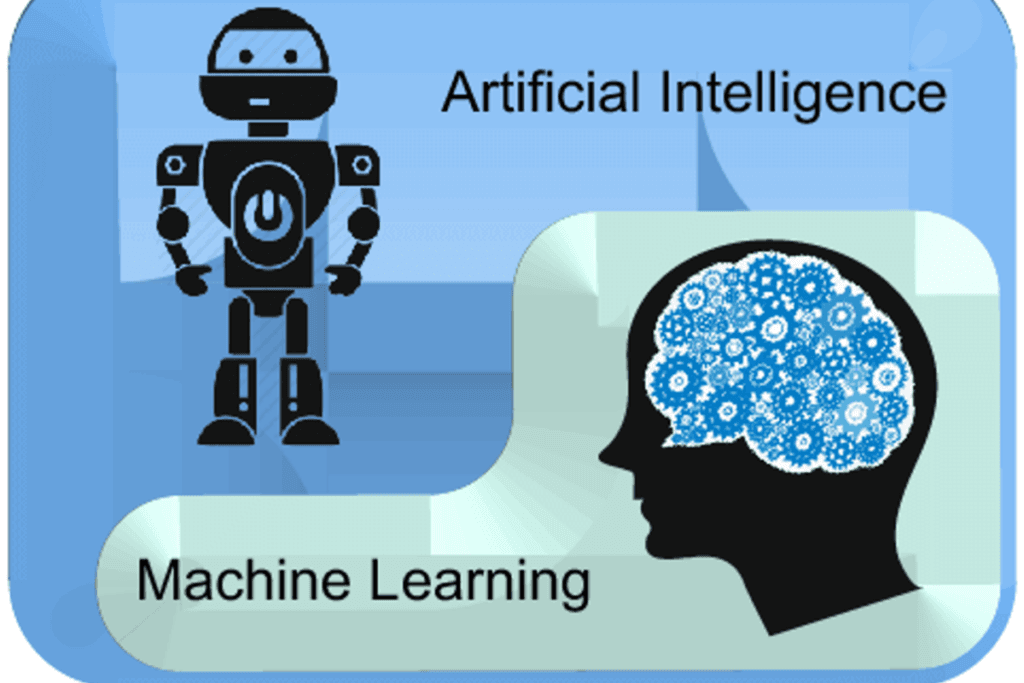
In the past decade, the terms “Artificial Intelligence” (AI) and “Machine Learning” (ML) have moved from the realm of science fiction to everyday reality. From personalized recommendations on Netflix to self-driving cars, AI and ML are reshaping industries, enhancing productivity, and even changing the way we live. But what exactly are these technologies, and why are they so revolutionary? Let’s dive in.
What is AI and Machine Learning?
At its core, Artificial Intelligence refers to the simulation of human intelligence in machines that are programmed to think, learn, and make decisions. AI encompasses a wide range of technologies, including natural language processing, computer vision, and robotics.
Machine Learning, a subset of AI, focuses on enabling machines to learn from data without being explicitly programmed. Instead of following rigid instructions, ML algorithms identify patterns in data, improve over time, and make predictions or decisions based on that learning. Think of it as teaching a computer to recognize a cat by showing it thousands of cat pictures—eventually, it learns to identify a cat on its own.
Real-World Applications of AI and ML
The impact of AI and ML is already being felt across various sectors:
- Healthcare: AI-powered tools are revolutionizing diagnostics, drug discovery, and personalized medicine. For instance, ML algorithms can analyze medical images to detect diseases like cancer earlier and with greater accuracy than human doctors.
- Finance: Banks and financial institutions use AI to detect fraudulent transactions, assess credit risk, and provide personalized financial advice. Robo-advisors, powered by ML, are making investment management accessible to the masses.
- Retail: Ever wondered how Amazon knows exactly what you want to buy? ML algorithms analyze your browsing and purchase history to recommend products tailored to your preferences.
- Transportation: Self-driving cars, powered by AI, are no longer a distant dream. Companies like Tesla and Waymo are leading the charge, using ML to improve navigation, safety, and efficiency.
- Entertainment: Streaming platforms like Spotify and Netflix use ML to curate playlists and recommend shows based on your preferences, ensuring you’re always entertained.
The Ethical Considerations
While the benefits of AI and ML are undeniable, they also raise important ethical questions. For example:
- Bias in Algorithms: If the data used to train ML models is biased, the algorithms can perpetuate or even amplify those biases. This is particularly concerning in areas like hiring, lending, and law enforcement.
- Job Displacement: As AI automates repetitive tasks, there’s a growing concern about job losses in certain industries. However, many experts argue that AI will also create new opportunities and roles that we can’t yet imagine.
- Privacy Concerns: AI systems often rely on vast amounts of personal data, raising questions about how that data is collected, stored, and used.
Addressing these challenges requires collaboration between technologists, policymakers, and society at large to ensure that AI is developed and deployed responsibly.
The Future of AI and ML
The potential of AI and ML is limitless. As these technologies continue to evolve, we can expect even more groundbreaking advancements. Here are a few trends to watch:
- Explainable AI: As AI systems become more complex, there’s a growing demand for transparency. Explainable AI aims to make algorithms’ decision-making processes more understandable to humans.
- AI in Creativity: From generating art to composing music, AI is beginning to play a role in creative fields, challenging our notions of what it means to be an artist.
- Edge AI: Instead of relying on cloud-based systems, Edge AI processes data locally on devices like smartphones and IoT devices, enabling faster and more secure decision-making.
- AI for Social Good: Organizations are increasingly using AI to tackle global challenges, such as climate change, poverty, and healthcare access.
Last Thoughts
AI and Machine Learning are no longer futuristic concepts—they are here, and they are transforming our world in profound ways. While there are challenges to navigate, the potential for positive impact is immense. As we continue to innovate, it’s crucial to approach these technologies with a sense of responsibility and a commitment to using them for the greater good.
The future is now, and it’s powered by AI. Are you ready to embrace it?
What are your thoughts on AI and Machine Learning? Share your opinions in the comments below! Let’s start a conversation about how these technologies are shaping our lives.


